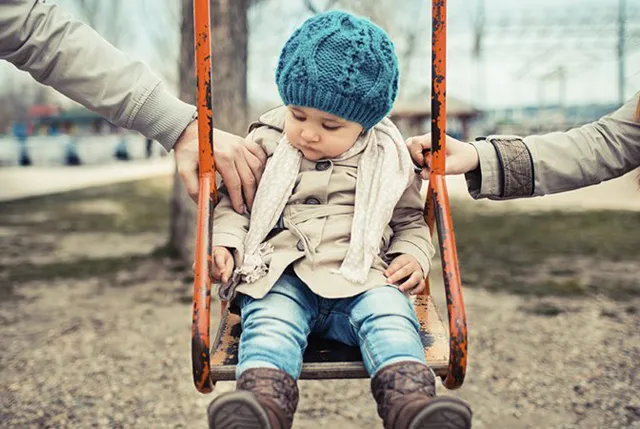Negative and uncontrollable behavior of the child is often the cause of unhealthy relationships with parents or a tense atmosphere in the family as a whole. Children’s destructive states can (and should) be corrected and corrected, but usually parents seek the help of specialists (for example, a psychotherapist) to correct the child’s behavior, but do not want to work on themselves.
Communication of the child with parents, communication of parents and all other adults with whom the child lives greatly affects the child and forms behavioral patterns, fears, complexes, ideas about different feelings, etc. That is why it is important that the child sees happy people who communicate well with each other, know how to solve problems constructively and with love. Moreover, it is important that the child feels this attitude towards himself.
There are many models of destructive relationships between parents and children. We have identified 5 main ones that most often occur in families in different manifestations, “of different complexity” and with different combinations.
Emotional rejection (destructive method of education)
We are talking about the unconsciousness of the rejection of the child as an individual with his inner world. Such indifference is often masked by increased care and control. Very common in this case is the subconscious substitution of “love” to “buy”, when instead of spending time with the child, curiosity about his inner world, showing interest in his life, etc., parents buy the child an expensive toy or other thing so that “the child clings to the longer and does not interfere with work / rest.”
Emotional indulgence (destructive method of education)
With this model of relationships, all parents’ thoughts about the child are permeated with anxiety. Parents are worried about everything that can happen to a child: for the fact that he may fall, hit, catch a cold, get sick, be scared… Accordingly, they try to protect the child from everything, making him an “idol” and the center of family life. In this case, outside the home, the child has a lot of problems, since his “exclusivity” is not recognized outside the family. this entails many problems and destructive behavior.
Authoritarian control (destructive method of education)
Prohibitions and manipulations that mean education for the sake of education. In this case, the parents try to fully control the child, to subordinate his life to themselves through manipulation. The result of this style of relationship is paradoxical, since as such they do not have an educational effect – the child cannot make decisions on his own, but only obeys (if he obeys). Low self-esteem and unformed personality, expressed in socially unacceptable forms of behavior, are often the result of this “upbringing”.
Undemanding non-interference (destructive method of education)
With this model of communication, parents are constantly tired of the child. they were tired of her before she even appeared to them. Their notion of parenting, based on illusions about “ideal families,” has faced a “harsh reality” that causes parents to lose interest in both the child and married life in general.
“Do not climb”, “stop”, “you can’t”, “don’t do this” and most often “how tired you are of me” are the main communication messages of such parents. The basic rule of such relationships is less hassle, so parental control is weakened and the child makes decisions and chooses a company on his own.
Influence on others through the child (destructive method of education)
In such patterns of behavior, a child for parents is a way of influencing others: for dad – on mom, for mom – on dad, for both parents on other relatives… “This is necessary not for me, but for the child” – this phrase is common in this communication model. Often, parents also rally the family around problems with the child, forming a destructive model of the family as a whole.

